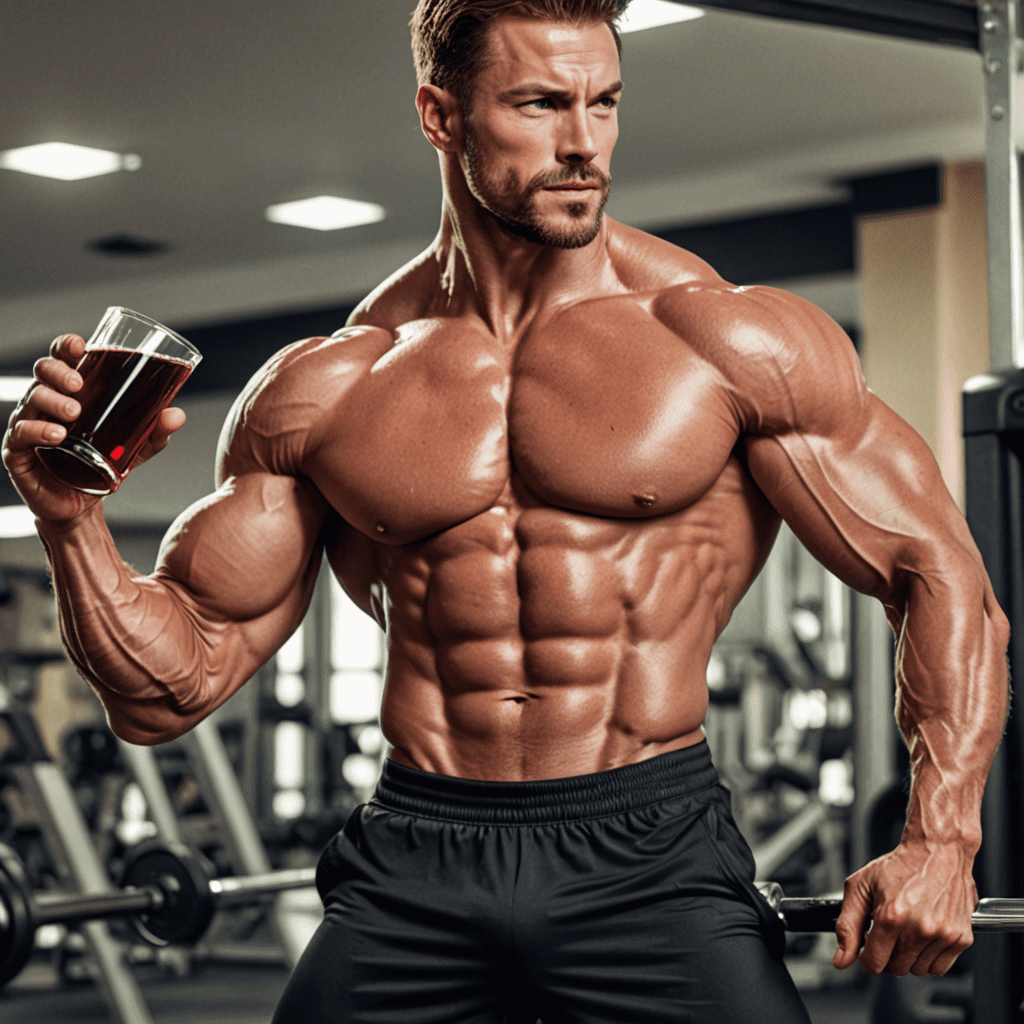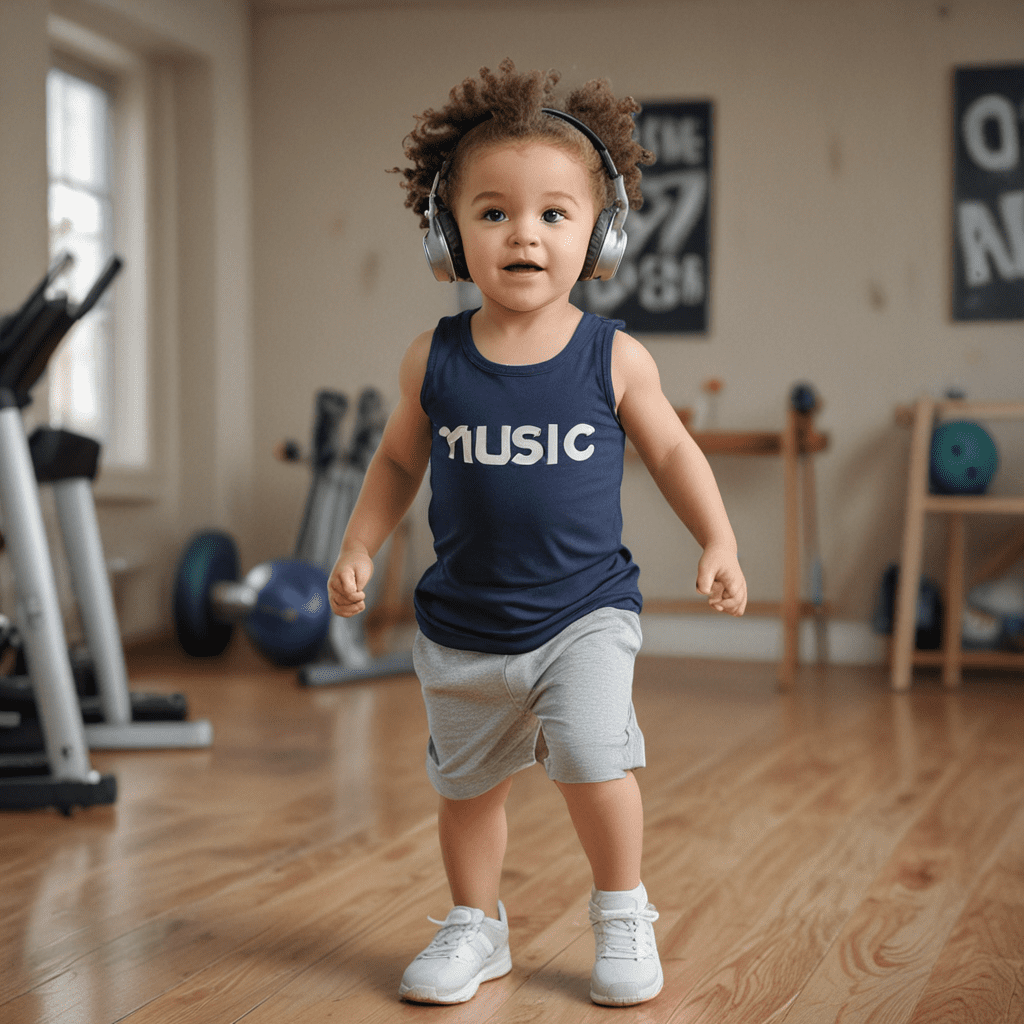
Muscle Building and Nutrient Timing: Optimizing Meals for Workouts
The Importance of Nutrition in Muscle Building
Nutrition plays a crucial role in muscle building. Providing your body with the right nutrients at the right times can significantly impact your muscle growth and recovery. Understanding how to optimize your meals for workouts is key to maximizing your results.
Protein: The Building Block of Muscle
Protein is essential for muscle growth and repair. Including high-quality sources of protein in your meals, such as lean meats, poultry, fish, eggs, and plant-based options like legumes and tofu, can help support muscle building. Aim to include protein in every meal and snack to optimize muscle protein synthesis.
Carbohydrates: Fuel for Your Workouts
Carbohydrates are your body’s preferred source of energy during exercise. Including complex carbohydrates like whole grains, fruits, and vegetables in your pre-workout meals can provide you with the necessary energy to power through your workouts and support muscle glycogen stores.
Fat: Essential for Hormone Production
Healthy fats play a vital role in hormone production, which is essential for muscle building. Include sources of unsaturated fats like avocados, nuts, seeds, and olive oil in your meals to support overall health and optimize muscle growth.
Pre-Workout Nutrition: Fueling Up for Optimal Performance
Consuming a balanced meal or snack containing protein, carbohydrates, and a small amount of healthy fats 1-2 hours before your workout can help maximize your performance in the gym. This meal should be easily digestible to prevent any discomfort during exercise.
Post-Workout Nutrition: Replenishing and Repairing Muscles
After your workout, it’s crucial to refuel your body with a combination of protein and carbohydrates to support muscle recovery and replenish glycogen stores. Aim to consume your post-workout meal within 30 minutes to an hour after exercise to optimize muscle recovery.
Timing Is Key: Listening to Your Body
While general guidelines are important, listening to your body and understanding your individual needs is key to optimizing your meals for workouts. Experiment with different meal timings and compositions to see what works best for you and supports your muscle building goals.
By focusing on nutrient timing and optimizing your meals for workouts, you can enhance your muscle-building efforts and improve your overall performance in the gym. Remember to prioritize whole, nutrient-dense foods and tailor your nutrition plan to meet your individual needs and goals for optimal results.
FAQ: Muscle Building and Nutrient Timing
What is the importance of nutrient timing for muscle building?
Nutrient timing refers to strategically consuming the right nutrients at specific times to maximize muscle growth and recovery. This can enhance muscle protein synthesis and replenish glycogen stores, crucial for optimizing workout performance and muscle building.
How can meal timing affect workout performance?
Eating a balanced meal 2-3 hours before a workout provides the necessary energy to perform optimally. Consuming protein and carbs post-workout helps with muscle repair and growth. Additionally, having a protein-rich snack before bed can aid in overnight muscle recovery.
What should a pre-workout meal consist of?
An ideal pre-workout meal should include a balance of carbs, protein, and healthy fats. Carbs provide energy, while protein supports muscle repair and growth. Opt for easily digestible options like fruits, yogurt, or whole grain toast with nut butter.
How does post-workout nutrition impact muscle recovery?
Post-workout nutrition is crucial for replenishing glycogen stores and initiating muscle protein synthesis. Consuming a combination of protein and carbs within 30 minutes of finishing a workout can enhance recovery and muscle growth.
Is it necessary to eat immediately after a workout?
While immediate post-workout nutrition is beneficial, it’s not always necessary. Aim to consume a

